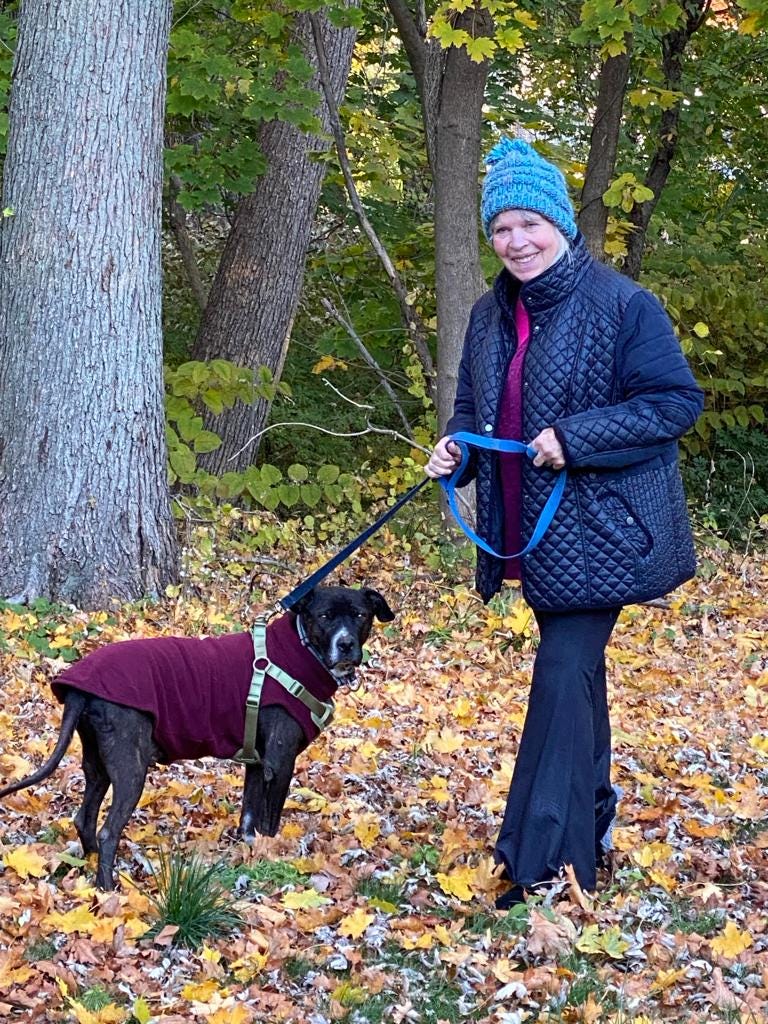Last week, the news of the death of Jimmy Carter, 39th president of the United States, spread like wildfire. Clearly he was one of those rare specimens, a decent human being, something even more uncommon when it comes to presidents of the United States. What caught my attention when I read some of the obituaries was his campaign pledge: “I will never lie to you”, he promised to the American people. Contrast that with the 30,573 false or misleading claims the current president-elect uttered during his first four years in office. What happened? Why is the truth no longer important to so many people?
For a long time in Western culture (going back to Socrates and Aristotle) Truth, Beauty, and Goodness were fundamentals of humanity’s understanding of the world. Actually, these qualities became known as the Transcendentals, meaning that they somewhat transcend physical reality: while people may strongly disagree on WHAT face or figure or piece of art is beautiful, everybody is convinced they can recognize beauty and its opposite. Christian theology incorporated the Transcendentals as being qualities of God, which makes it all the more puzzling that so many self-professed Christians, especially the evangelical sort, seem to have lost all interest in the Truth. AND the Good, AND the Beautiful, when one considers who they voted for.
We recently watched Matlock, a 2024 TV Series with Kathy Bates who is absolutely stunning as Madeline Matlock who joins a prestigious law firm as an elderly out-of-practice lawyer, a widow who is desperately needing a job so she can support herself and her good-for-nothing grandson. Except this isn’t her real name, she has a loving husband and a beloved grandson, and she’s neither poor nor a lawyer who hasn’t had a job for a long time. Her position at the law firm as well as her relationship with her new co-workers are based on lies. She has a very honorable reason for the deception which I won’t give away in case you want to watch the series, but the fact remains: the show’s entertainment value rests on the quick and brilliant lies Mattie comes up with whenever she’s cornered. And entertaining it is, make no mistake.
But it reminded me of something I had noticed before when watching American sit-coms and TV shows: how totally acceptable it is to lie. You find yourself in a situation where the truth would be a bit uncomfortable? Just tell a fib, it’s easier, and it’s socially permitted. I can’t remember any examples, but if you’re familiar with American TV you probably can confirm this. Maybe this is one reason why about one third of U.S. voters would choose a pathological liar for president.
Isn’t it time to give Truth a good standing again? It’s only when you pay attention that you notice how easily a white lie slips by, in order to avoid conflict, to be polite, or to bypass a bit of embarrassment, for example. The majority of people (95 percent) cannot go an entire week without telling at least one falsehood. It takes a bit of effort to face the discomfort one feels when trying to avoid a white lie or fib, and even more effort to state the truth. It’s effort well spent, however, and it’ll get easier – like training a muscle.
This post was to include Happy New Year wishes, but I’m not in a happy state of mind, far from it. My beloved Max, my sweet dog, died. It all started with a serious seizure, a grand mal, on Christmas Eve. Nothing like that ever happened before, and I wish you won’t ever experience this, if you have a cat or a dog or another non-human Best Friend. It’ll rip your heart out. When it happens there is nothing you can do except for keeping hard objects away when your friend’s body is taken over by an uncontrollable force which contorts every muscle and causes the limbs to flail relentlessly and ferociously. The feeling of utter helplessness is just ghastly.
When we took Max to the vet, they figured he had a brain tumor; only an MRI (cost: $3,000) could tell for sure. Even if I had that money, I wouldn’t have put Max though all the trauma – brain surgery? No way. He was twelve years old, after all, and anesthesia was a risky procedure. So, the vet prescribed some anti-seizure medication as well as an antihistamine (Claritin) and something to stimulate his appetite (an antidepressant). While he didn’t have any more seizures, he became listless and lethargic, slept more or less for two days, and when he managed to get up he was confused, stumbled around, and often collapsed – especially when he had to go down a few small steps in order to go outside. He clearly wasn’t happy, not by a far stretch.
Do we have the right to decide when to end a beloved creature’s life? When a small part of them may still enjoy their existence, despite all the pain and suffering? Well, I couldn’t bear my poor dog’s confusion and disorientation. He was whimpering, maybe he was in pain as well. I found a vet who does house calls to perform euthanasia. She would have come this morning. But Monday night Max was getting worse by the minute. We took him to an emergency hospital where they performed a “quality of life” evaluation, and suggested that euthanasia would be the most merciful procedure. And that’s what happened. On December 30, around 8 pm, my sweet Max passed away.
I know he had a good life. If you’re interested, you can read more about him here. And I know that it’ll take some time for my pain to subside, until I won’t miss him every moment. That’s just the way this works – the more one loves another being, the more painful the loss. Maybe there’s some comfort there somewhere? Maybe one has to be grateful for all the boundless love one received and was able to give. In a way, it’s a blessing, isn’t it.










Stay in the light ❤️
Max was a handsome guy. Your decision was difficult and necessary. You were with him at the end, that's important. Blessings to you and Max.❤️💫